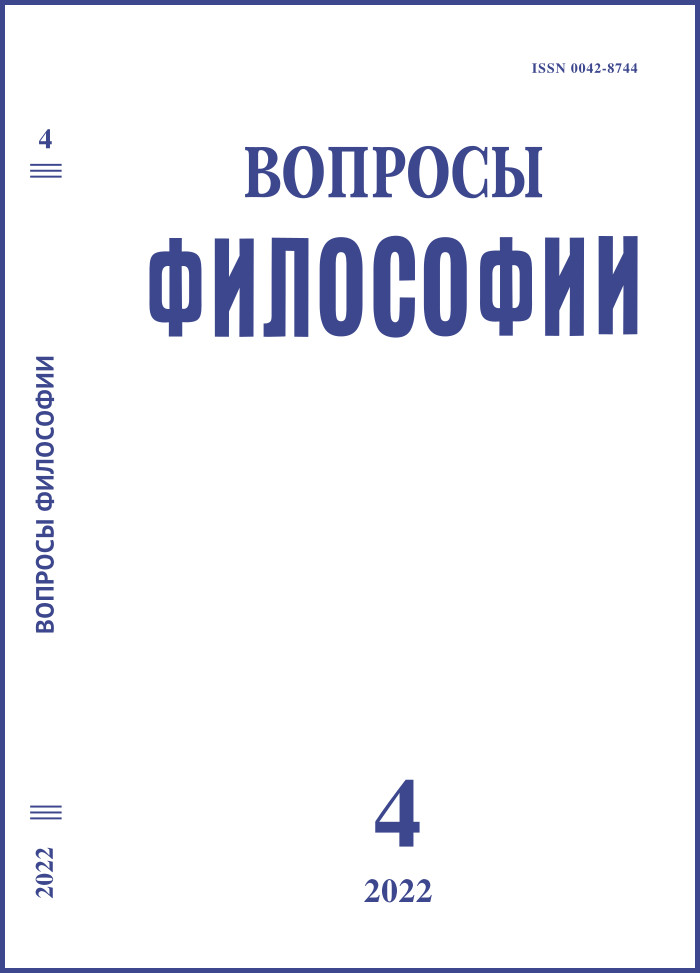Локк и революция
DOI:
https://doi.org/10.21146/0042-8744-2022-4-93-104Ключевые слова:
Джон Локк, Славная революция, божественное право королей, естественное состояние, естественные права, согласие, доверие, прерогатива, гражданское общество, сопротивление, общее благо, закон природы.Аннотация
По Джону Локку, в естественном состоянии все люди свободны и равны, и их поведение регулируется «законом природы», или моральным законом. Но люди не всегда могут справиться с нарушением закона и поэтому создают гражданское общество, а затем формируют построенное на доверии правление. Если правитель или правительство систематически злоупотребляют доверием и ставят себя вне гражданского общества, а послушание чревато гибелью людей и нации, индивиды и гражданское общество реализуют естественное право на сопротивление с целью сохранения жизни, свободы и имущества, защиты общего блага страны и человечества. Все главные политические идеи высказаны Локком в «Двух трактатах о правлении» – в аргументации, нацеленной на оправдание революции и права Вильгельма Оранского на английский престол. В центре концепции Локка – понятия прерогативы и доверия.
Загрузки
Опубликован
Версии
- 2025-02-06 (2)
- 2022-04-30 (1)

